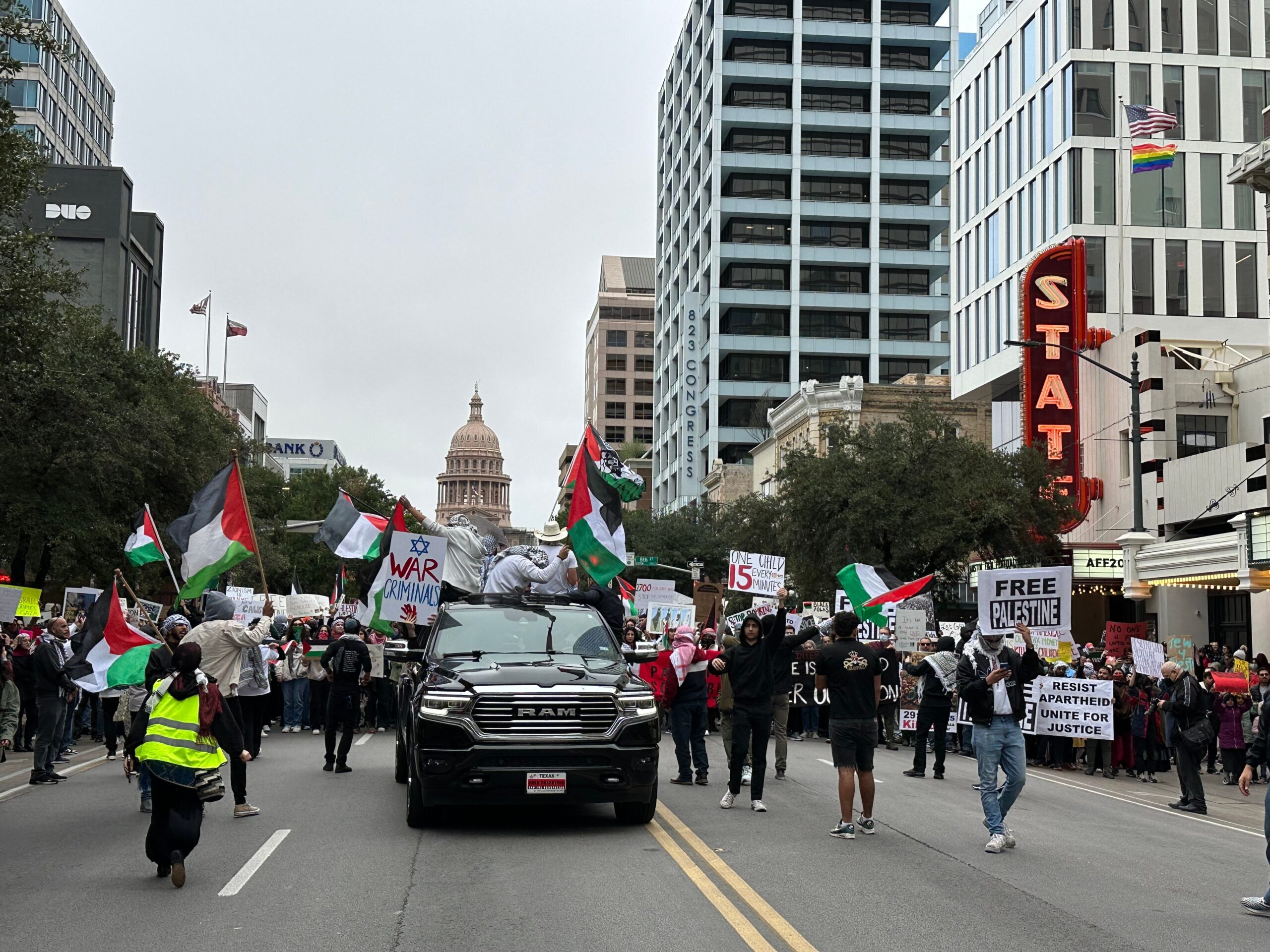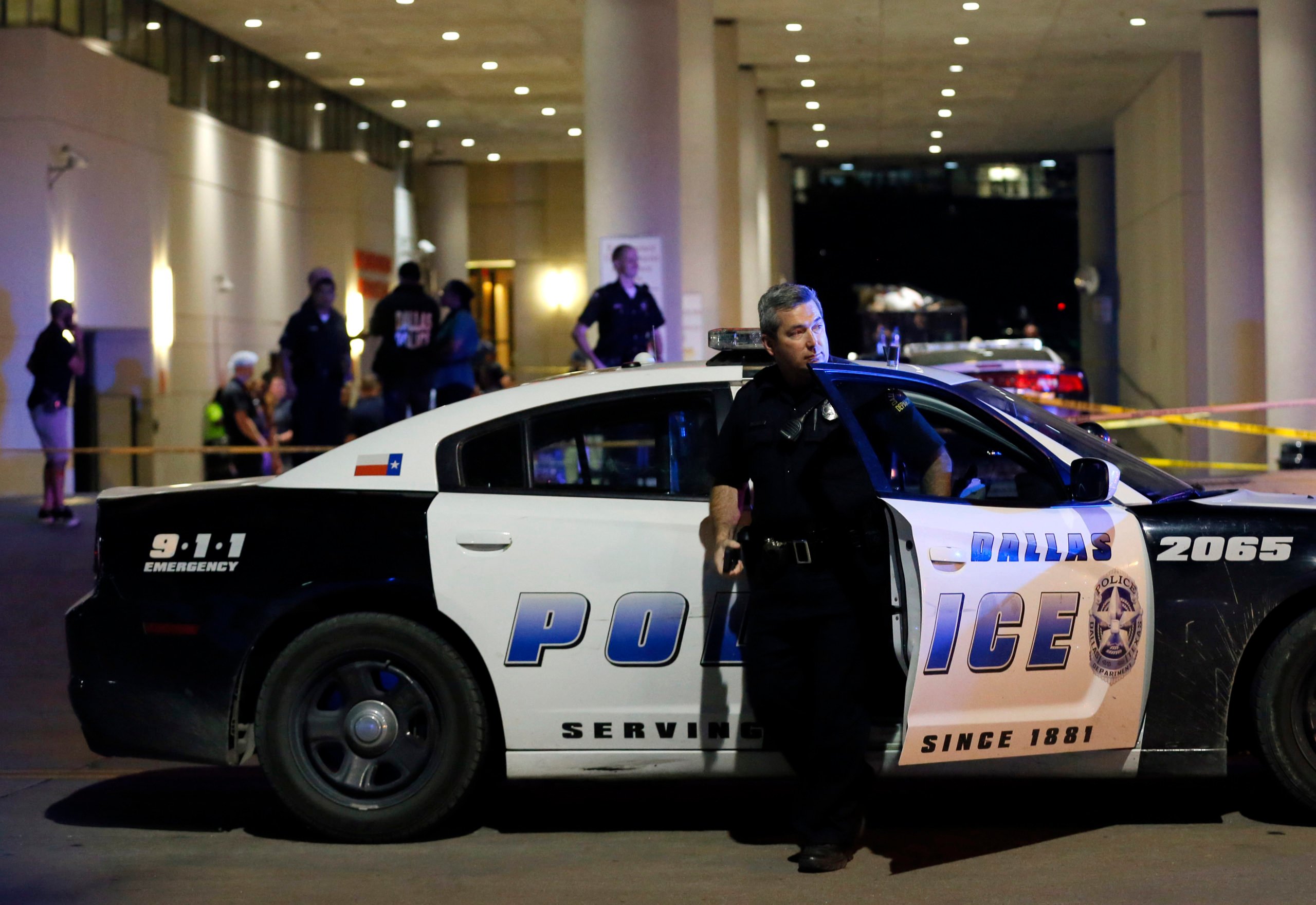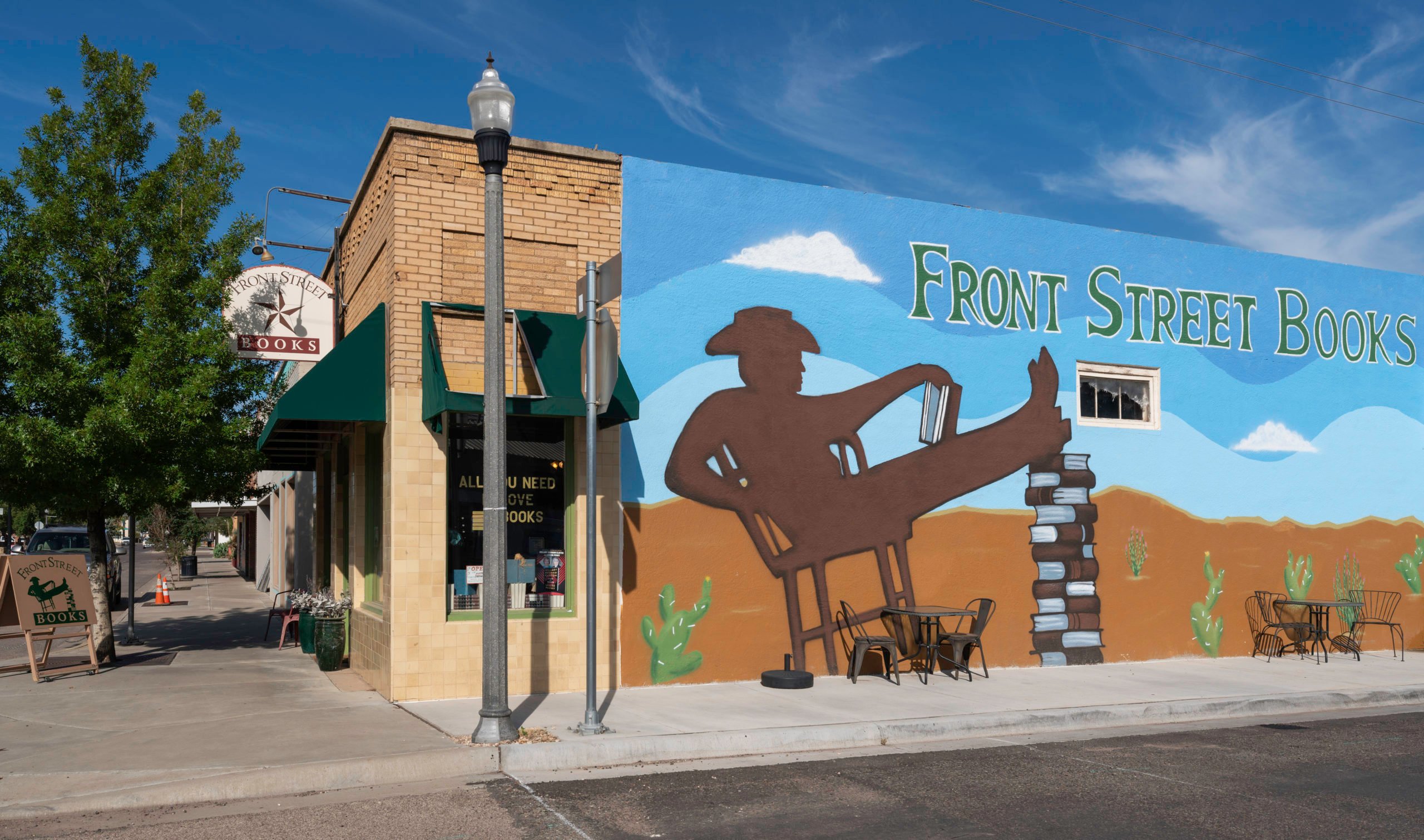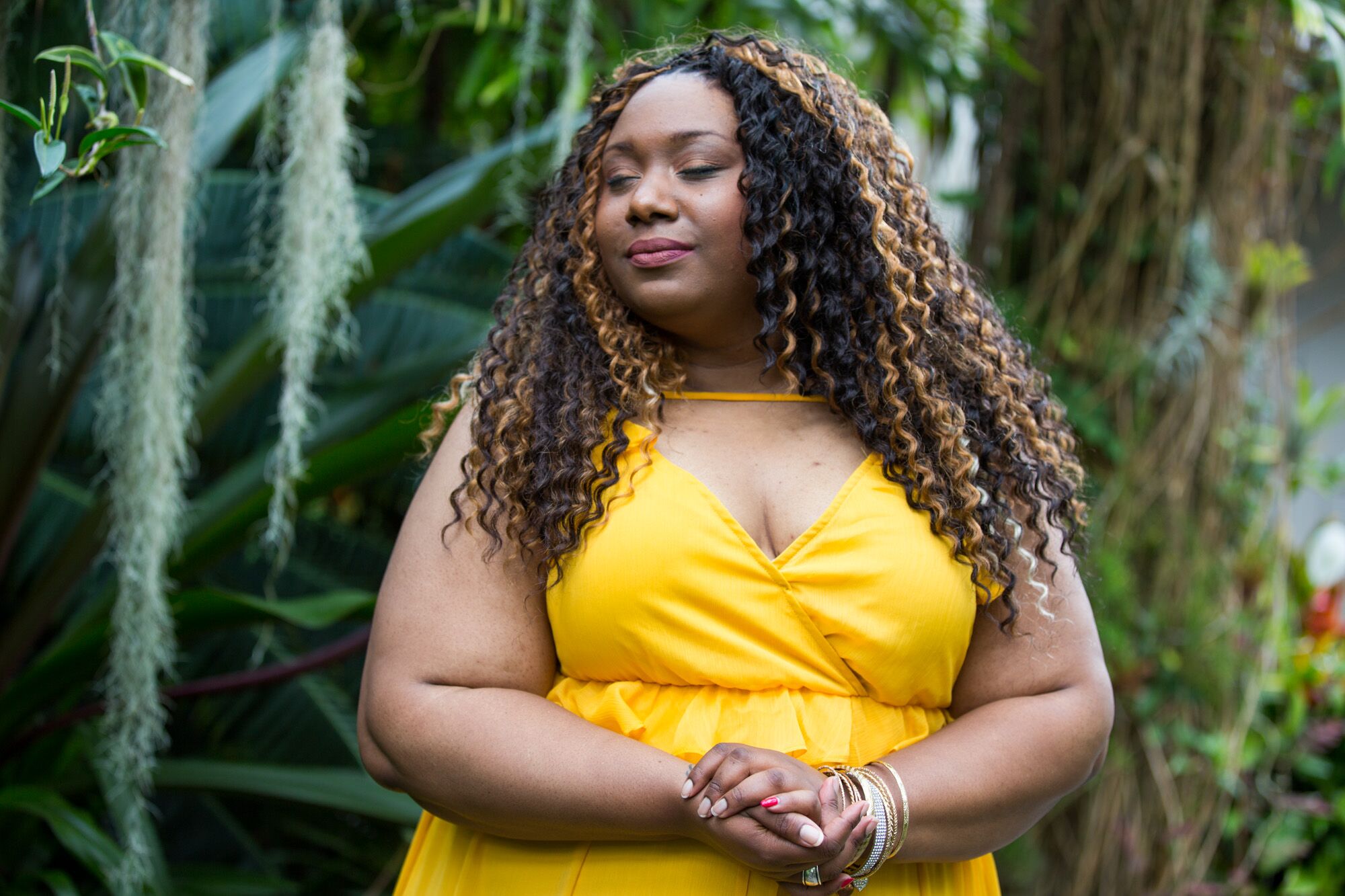
The Bards of Texas
A look three cities' most passionate writers: local poets laureate from Dallas, San Antonio and Houston.
A version of this story ran in the September / October 2022 issue.
Texas has been appointing state poets laureate since 1933, encouraging distinguished writers to share their talent and promote their craft statewide, but only since 2012 have Texas cities been naming their own poetry ambassadors.
San Antonio was first, joined by Houston and other cities, including Corpus Christi and McAllen. This year, Dallas appointed its inaugural poet laureate—after a brief debate ensued over whether the state’s biggest banking city needed a bard at all.
“Every single city that can advocate within its city council or [with] its mayor can get a poet laureate. There’s a way to approach and ask them to establish the office,” said Guadalupe Mendez, the 2022 Texas poet laureate.
The positions are mostly honorary, usually without assigned duties or salary, and go to poets with extensively published work. Each poet typically receives an honorarium, but the amount varies. Funding may come from local library groups or from a hotel occupancy tax dedicated to the arts. The Academy of American Poets recently announced that it will be awarding a combined total of $1.1 million to its 2022 Poet Laureate Fellows, a list that includes Houston’s poet laureate.
Chosen poets keep busy representing their city and their craft through readings, workshops, and other events or projects for terms of one or more years.
Here’s how three poets laureate—all literary people of color—represent Texas cities through their work, their words, and their lives.
Joaquin Zihuatanejo, Dallas: Because They Were, We Are
Joaquin Zihuatanejo grew up in East Dallas in a hardworking family. His abuelo, Silas, a yardman who drove around many neighborhoods in search of work, would often find things others had abandoned. One day, he came upon a shelf of books, and on that shelf was The Norton Anthology of Poetry.
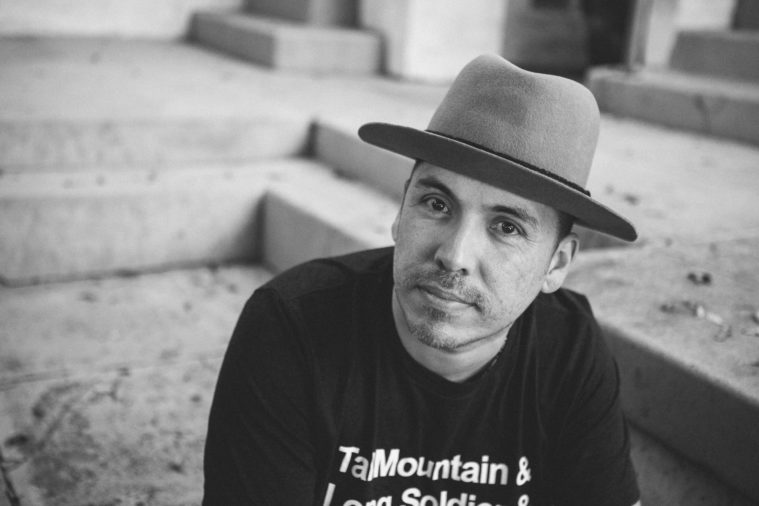
When he was about seven, Zihuatanejo began reading the book aloud to his grandfather every night before bed.
“My abuelo loved poems, even more than novels and short stories, because they were so short and so accessible,” Zihuatanejo said. “When I would be reading a poem to my abuelo, I would see his face change, you know, like he would smile.” Sometimes, Silas would be moved to tears.
Everything about his childhood in the barrio of Old East Dallas influences Zihuatanejo’s writing. More than just a setting, he said, it becomes a living, breathing entity that moves and flows through the lines. His first book of poetry, Barrio Songs, was entirely about the people and places that made Old East Dallas simultaneously a brutal and beautiful place to grow up.
Zihuatanejo learned the impact words can have by watching his grandfather’s reactions. He grasped the power of poetry and decided that he would pursue writing for the rest of his life, even though some people shook their heads at the idea.
“My tío … who helped raise me, he was the biggest and strongest and most tattooed of all my uncles, I remember one time when I was a mocoso, I must have been like eight years old, and he asked me, ‘M’ijo, what do you wanna be when you grow up?,’ and I said the word ‘poet,’ and I don’t even know where that word came from, I just knew that I meant it,” Zihuatanejo recalled. “You know what he said to me, he said, ‘Poet? Poet? M’ijo how you gonna build a house made of poems?’”
Zihuatanejo continued to work on his poems, but for years he kept them to himself. It was not until he became a high school English teacher in 1998 that he began to share his work. It was encouragement from a student that pushed him to open up.
One student, Zihuatanejo recalled, thought the poems used in class were “horrible”—except for one, by an anonymous author. The mystery poet? Zihuatanejo himself, he revealed to the skeptical kid.
Then the student told him, “You’re always telling us to chase our dreams, I can tell you wanna be a poet, man, I can tell that’s your dream. Why don’t you just go do that?”
After that, Zihuatanejo began scouting ways to present his poetry to the world. On the internet, he discovered a variety of opportunities. Twice, he signed up to perform at poetry slams but got scared and scratched out his name. But then he was confronted by another poet who had seen his name and asked if he was ready to “spit some fire.”
“I was like, ‘Nah man, I’m a teacher, I got that teacher sore-throat thing going so I can’t spit no fire tonight’—it was a total lie,” Zihuatanejo said. But the other poet got up on stage anyway and introduced him to the crowd. “That’s how I got bullied into my first poetry slam battle.”
“Poet? Poet? M’ijo how you gonna build a house made of poems?”
Not only did Zihuatanejo perform, but he won the first round, the second round, and eventually the entire slam. After that, he kept entering and winning poetry competitions. He went on to compete in the 2004 National Poetry Slam and won the World Cup of Poetry Slam in 2009.
Since Barrio Songs in 2011, he has published six more books, including poetry and short story collections. His latest poetry book, Arsonist, is dedicated to a father he never knew.
In April, Zihuatanejo added to that list of accomplishments with his appointment to a two-year term as Dallas’ first poet laureate. Again, it took another person’s encouragement: Writer and arts advocate Karen Minzer convinced him to apply. Dallas Mayor Eric Johnson announced his appointment six months later.
“I was in the car at the time with my partner, Aida,” the poet said in an email. “She was so happy for me, she screamed for joy.”
For his acceptance speech, Zihuatanejo reached back, as he does in his poetry, to his family history.
“I wrote down two possible first sentences,” he said. “The first one was something like, ‘I have recently been named the first-ever Dallas poet laureate by the City of Dallas. And in honor of all the good work that I’ve done in my city, they presented me with a check for $20,000.’ My other sentence was, ‘I am the proud grandson of immigrant fieldworkers.’ So when I was debating which of the two sentences to use, I realized that the one about the $20,000 check would not have been possible without the sentence about the immigrant fieldworkers.”
Dallas is known as a hub of banking and big business, but Zihuatanejo hopes to show the city’s fine-arts side.
“One of my goals as poet laureate is to shed light on, not only the literary movements that are sweeping over our city, but also just the movements in the arts,” he said. “So I’m hoping to cross-pollinate poetry with visual arts [and] with theater as much as I can to prove to the world that Dallas is a destination for the arts.”
While he works on his own poetry, Zihuatanejo also attends workshops, readings, craft talks, and more.
He did his fair share of motivating others to write, even before becoming poet laureate. In 2012, he established the nonprofit group Dallas Youth Poets, to serve student poets and took them to compete in the Brave New Voices international poetry slam competition.
Today, Zihuatanejo is working on his next book.
Abuelo’s Garden
Memories of my grandfather’s garden come back to me
differently than other child of the hood memories
Memories of my grandfather’s garden come back to me
in well water voices
in deep chest hymns
that begin as a gurgle deep in the belly and rise to the throat
slowly
I remember little of the day my friends jumped me in
I remember fists flailing and afterwards
those deep, fleshy embraces
only Latinos know how to give
but grandfather’s garden comes back to me with aromas, with tastes
with corridos sung to the sun
Andrea “Vocab” Sanderson, San Antonio: Enduring Spirit
Andrea Sanderson was six when she found an old typewriter at her aunt’s house. She sat down, rolled in a piece of paper, and wrote her first poem to her mother. Since then, she’s kept expressing herself that way.
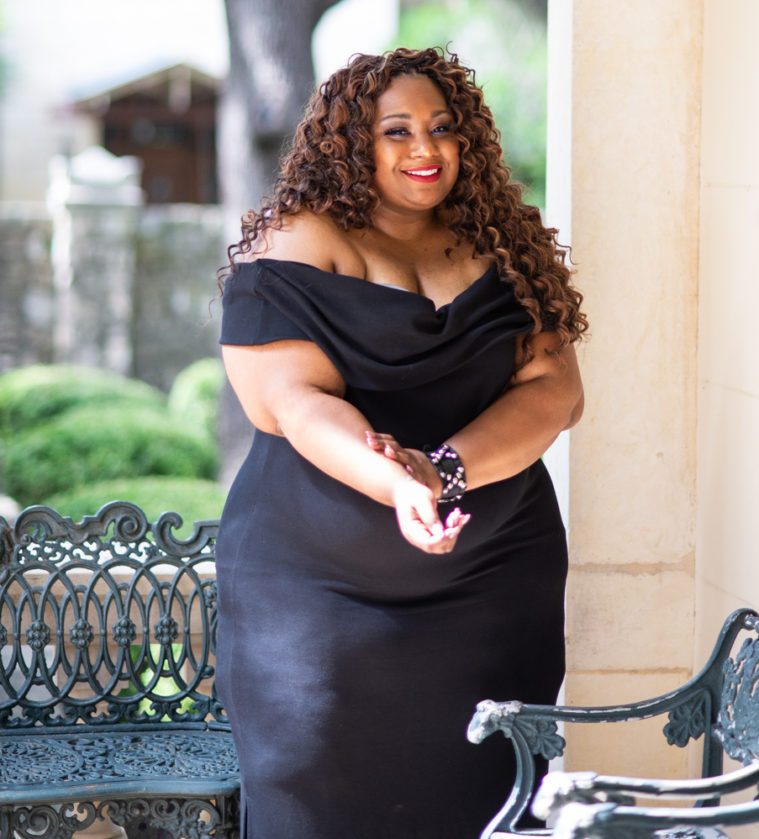
That’s her earliest memory of writing, the San Antonio native said. When she was 13, she “had a friend that was murdered, and that was very impactful in my life, a very sad time, but I wrote a poem for her memorial service and after that I started getting recognition for my writing,” Sanderson said. “So I’ve always just kind of used poetry because I know it does heal, it helps people to get a better understanding when they may be feeling overwhelmed with emotion.”
With a preacher’s daughter for a mother, Sanderson was always familiar with music. Whether it was the dance team, drama, or choir, she was constantly surrounded by talents she uses today. It was in church that she was introduced to self-expression.
Sanderson said she grew up “in a church that encouraged creativity.” That included taking an active part in funerals—celebrations of life.
As she grew older, Sanderson explored new ways of conveying her emotions. During high school, she discovered a talent for rapping and songwriting. In 1999, her senior year at James Madison High School, she founded a hip-hop music ministry named Lyrically Spiritually Committed.
“We toured all over Texas, and we even did some shows outside of the state,” Sanderson said. “I got into open mics when I was around 21 or 22.” By 26, she was hosting events, and she “just kind of continued my career of poetry and music until now; I’m still doing it.”
Sanderson also mentored other aspiring artists in workshops, including one held in Abu Dhabi in 2015.
Her poems have made it to the spotlight, appearing in the Pariahs anthology from SFA Press, in Sycorax’s Daughters anthology, in Love Poems to San Antonio, and in the Observer.
Sanderson has also worked as a rapper and singer, releasing two albums in 2019 as well as an EP and a single, “Burden,” in 2021. Today, Sanderson writes about things she is passionate about, including music and “different moments in my life.” Her love for teens particularly motivates her, she said. She treasures her own memories from that time, including those of “teachers that told me to dive in [to writing], that they could see that that was something that I could thrive in.”
“I’ve always just kind of used poetry because I know it does heal, it helps people to get a better understanding when they may be feeling overwhelmed with emotion.”
She now sees teenagers the way those teachers saw her: She looks to them for inspiration and seeks to inspire them in turn.
Sanderson wants to help people find the joy in life that so many seem to have lost. She figures the best way to do that is by example. “The demonstration of me singing or me speaking words could maybe make a change in their life or help them in their journey.” she said. “I often find myself talking to young people and even older people, and they tell me, ‘After I saw you, I started writing and I continue writing,’ and that that is the biggest compliment ever.”
Her greatest wish, she said, is for people to gain from her work “a sense of hope and a connection [to prove] we’re not alone. We all feel different in our own skin. There is this common thread, and art is a great connection. We could sit and watch the same person do a dance and we all start crying and we don’t know the exact reason, but we felt something. I want people to have that awestruck moment when they encounter poetry, whether it be my poetry or somebody else’s, so they’re like, ‘I understand myself and I understand the world a little better because I heard that or I saw that.’”
Poetry is also prayer for Sanderson. She recalled a homeless man who asked her for money. When she said she had none, he replied, “But you got those prayers.”
“God has always been just kind to send me people who speak positively into my life, even for all the negativity and the naysayers,” Sanderson said. “There’s so many more people that speak positively to me. The least I can do is return the favor.”
During her time as poet laureate of San Antonio, Sanderson is returning to her past involvement with live theater productions, including one project called The Bad Mama Jama Remix: Let The Record Show, about the glory and exploration of womanhood. She shows off her talents in poetry and singing alongside other talented women on the stage.
Sanderson also hopes one day to be the poet laureate of Texas.
“We’ll see what happens with that,” she said.
Rosary Beads
I have no rosary beads to rub in supplication to the patron saint of lost things.
But I offer this psalm to a risen king in thanks for my city.
My city, San Antonio is gathered here like hands clasping together in prayer
and song from the tip top of a needle point towering heights above our heads,
to the basin of the blue hole that still babbles hallowed words of Yanaguana.
We are a fiercely loving city tougher on the outside
but smooth as pecan shells.
Emanuelee “Outspoken” Bean, Houston: You Have to Live to Write
“Outspoken” was a word people often used to describe Emanuelee Bean, so he claimed it as part of his moniker in the world of literature. The New Jersey-born military brat eventually settled in Houston. Today, he’s the Bayou City’s poet laureate.
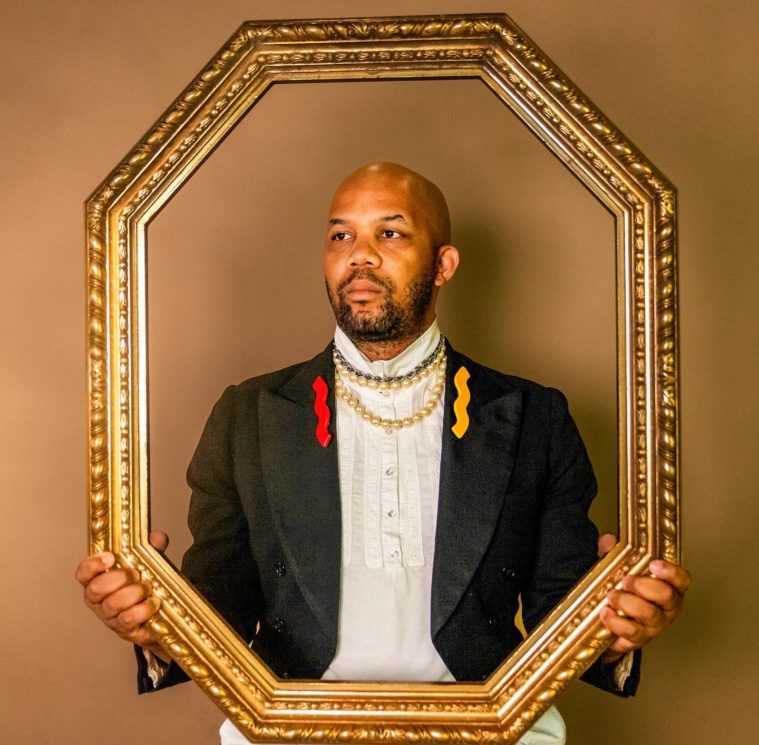
“I came up with it because of my late brother when I was in college and I was starting to do poetry slams at Prairie View A&M. … Everyone called me ‘Bean’ anyway, my last name. But I wanted the stage name,” he recalled. “And my brother Rogers was like, ‘You know, you can go by Outspoken Bean, that sounds cool.’”
Rogers was older than Bean and an important figure in the poet’s life. Their shared interest in the power of words kept them close.
His late brother was “super influential” and became his first reader—and biggest critic. “He had no academia, no college, no formal background at all,” he said. “But he [would] just be like ‘I don’t know what you’re saying. Like I don’t feel it.’ … And so he kind of forced me in a weird way to think about how to reach audiences and how to reach people differently.”
His involvement in poetry slams led to a regional competition at the University of Houston. “If [my team] won, our registration was paid to go to nationals, and we wound up winning by [half a point].”
But the happiness of that victory was muted. The day before learning the final competition results, Bean found out that his brother had been murdered in Atlanta.
Attending and performing in more poetry slams would lead Bean to found Prairie View’s first poetry slam team, which would win the regional title in their first year.
In 2008, Bean helped create Meta-Four Houston, Texas’ biggest youth poetry slam. Today, he’s still involved with aspiring poets and the poetry community. Before and after becoming poet laureate for H-Town, Bean has worked with numerous organizations to teach others about poetry—including the Houston Ballet and the city’s Museum of Fine Arts.
Bean calls himself a collaborator both with “other mediums of art” and “other cultures of people.” “So that has played a huge role,” he said. He said he was the first poet laureate to work with the Houston Ballet and “that’s a big deal to me.”
“I had a festival that I was doing on my own called Plus Fest, which stood for the Everything Plus Poetry Festival, where I would bring in different forms of art and mix it with poetry. … [As] poet laureate my project I’m doing is like creating a mixtape with storytelling and poetry with the community of Houstonians.”
Bean’s childhood in a military family meant he experienced many cultures. Taking inspiration from that background and his new home of Houston, he writes and raps about relevant themes in society, not just love and breakups.
“I’ve written for love or I’ve written for breakup. I’ve written for heartache. I’ve written for family. I’ve written for friendships—friends specifically,” Bean said. “I’ve written for [society]. I’ve written for Black people. The ‘for’ changes.”
“I’ve written for love or I’ve written for breakup. I’ve written for heartache. I’ve written for family. I’ve written for friendships. … The ‘for’ changes.”
Still, Bean was shocked to learn he’d been appointed Houston’s poet laureate, as announced by Rhea Brown Larson, director of the Houston Public Library, and Mayor Sylvester Turner.
“The email said congratulations instead of regrets, then they called me, and I was teaching a class at that time,” he said. To confirm it was not an illusion, he contacted the city library and was reassured of his new title. “I was just super excited,” he said. He wanted to jump right in, but “they told me to keep the news to myself for three weeks and so I did that.”
Bean’s two-year term began in April 2021. Since then, he has been named a poet laureate fellowship awardee by the Academy of American Poets, has organized numerous poetry workshops, and produced several festivals involving a variety of artists.
As poet laureate, he completed eight free workshops for the public and also produced a new annual festival called Black is Primary for Juneteenth. “I was the head curator of that. And then I also produced another festival called the Woodson Black Fest, which was at the Contemporary Arts Museum in Houston—you know Dr. Woodson was the creator of Black History Month. … Partnering with these large organizations to do things like this was a big plus for me.”
Bean has also dedicated some time to his business, Outspoken Bean, LLC, which allows him to tour and perform one-man shows. He also volunteers with Writers in The Classrooms, a nonprofit organization that brings writers into high school classrooms to inspire students to write.
Describing his vision for the future, he sounds, well, poetic.
“I see myself in love, I see myself as a homeowner,” he said. “I see myself in all of this as a writer, as a poet, as a spoken-word artist. I see myself as a financially stable artist. I see myself traveling the globe, carrying my work and creating opportunities for my friends. … I see myself as a published author. Finally, you know, I see myself as being able to take time to go away.”
What the H Stands For
I had a friend once say
Home is where the H
At times I wonder what else
Could the H of H-town stand for
Let’s be coarse
The only thing Humble
about Houston is…
59 north
We’re a hard sell
There’s not much that you display
And have for sale
Where we feel sold
We are the city that produced
Oil and Beyoncé
both of which are black gold

